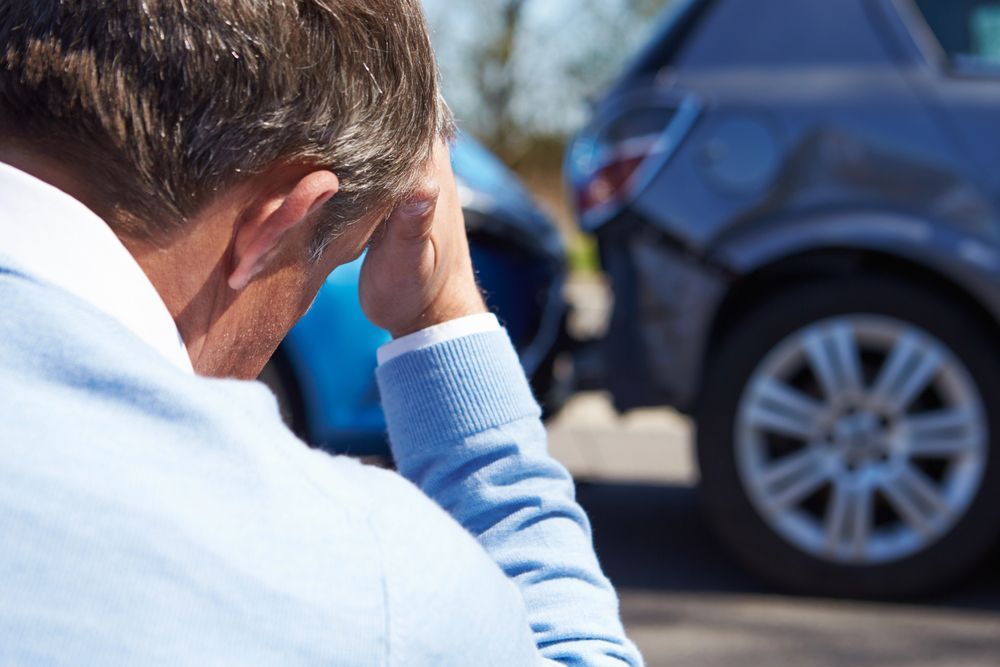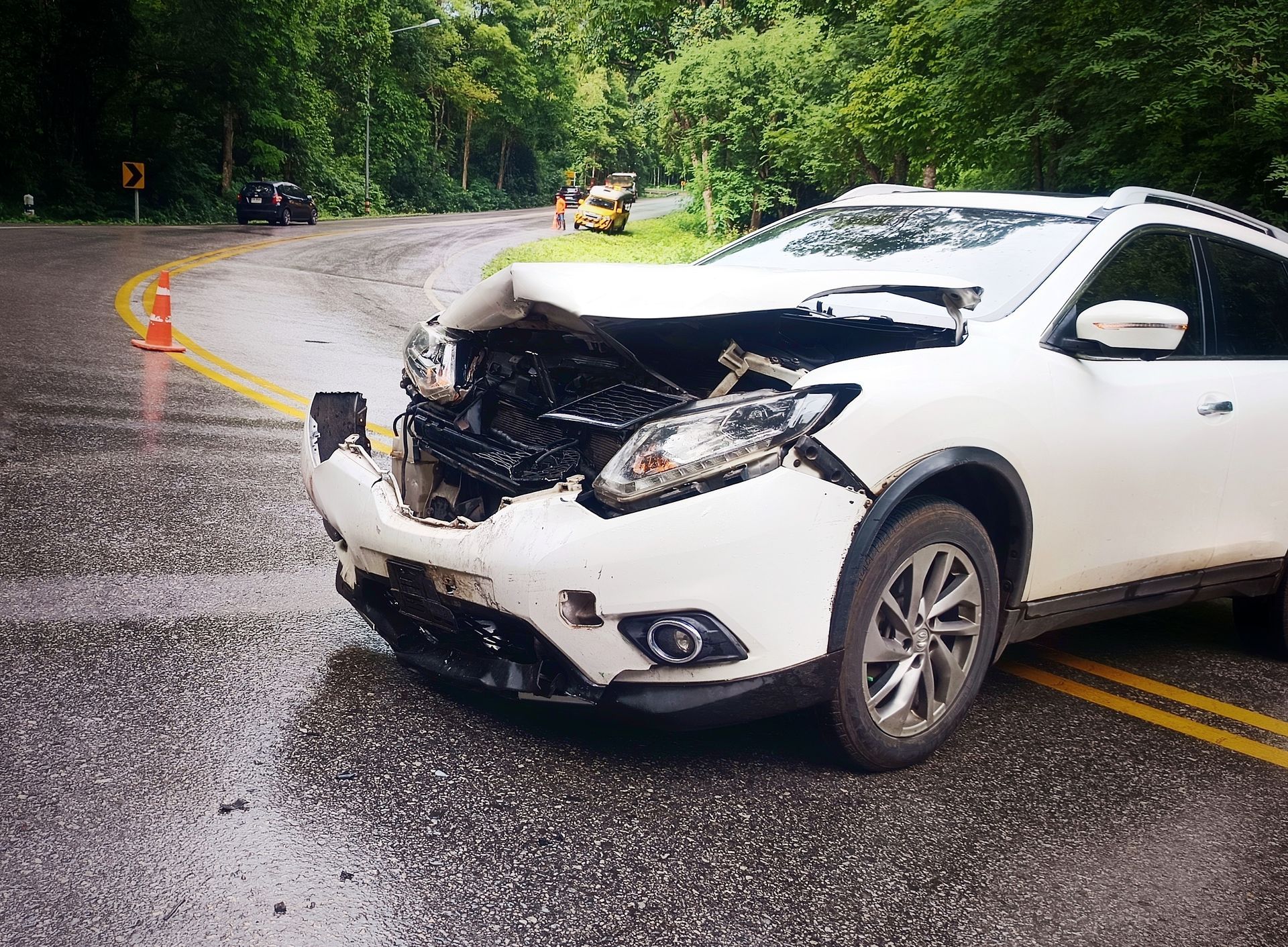Sargon Law Blog
Recent Blog Posts
What Compensation Is Available After a Pedestrian Accident?
Pedestrian accidents often result in major injuries, and if they occur due to the negligence of another party, victims deserve compensation. When a person files a lawsuit or insurance claim against another party after a pedestrian accident, they may be able to recover various types of compensation for their losses. Here, our Phoenix pedestrian accident attorneys discuss the difference between economic, non-economic, and punitive damages after a pedestrian accident claim is filed.
Economic Damages After a Pedestrian Accident
When people think of compensation after an injury, economic damages likely come to mind first. These are often referred to as "special damages" and refer to calculable losses individuals will likely incur after a pedestrian accident. An attorney or the pedestrian injury victim will gather receipts, bills, and invoices that come in after the incident in order to adequately calculate the following:
- Emergency medical bills
- All hospital or surgical needs
- Physical therapy or rehabilitation costs
- Medical devices, prescription medications, and over-the-counter medications
- Lost wages if an individual is unable to work
- Loss of future earning potential if a disability occurs
- Various household out-of-pocket costs
- Property damage expenses
Even though economic damages seem relatively straightforward to calculate, there is a major caveat to accepting a final settlement. Pedestrian accident victims should never accept a settlement until their medical treatment has concluded. Accepting an insurance settlement before this point will mean that a pedestrian accident victim will not be able to reopen the claim if they discover that they need further medical care.
Non-Economic Damages After a Pedestrian Accident
The other major aspect of recovering compensation revolves around more immeasurable losses pedestrian accident victims are likely to incur. Phoenix personal injury attorneys call these types of damages immeasurable not because they don't exist, but because there may not be receipts or bills that will adequately quantify the losses. Injury victims often sustain unseen pain and suffering, and that is what non-economic damages attempt to capture. Often referred to as "general damages," these will revolve around an injury victim's:
- Physical pain and suffering
- Emotional and psychological distress
- Loss of quality of life
- Loss of consortium and companionship for a spouse or other family members
A multiplier method is often used to help calculate non-economic damages after a pedestrian accident. This entails gathering the total economic damages and then multiplying that total by a set number (often a number ranging between 1.5 and 5). For example, if a person sustains $50,000 worth of medical bills and other economic losses, a multiplier of “three" could be used to reach a non-economic damage request of $150,000.
Punitive Damages After a Pedestrian Accident in Phoenix
Punitive damages are not awarded in all types of personal injury claims. In general, these damages are reserved for situations where the actions of the defendant were considered grossly negligent or intentional. The current standard in Arizona for awarding punitive damages revolves around determining whether or not the at-fault party acted with an "evil mind." Punitive damages are meant to act as a punishment to the wrongdoer as well as a deterrent to any other individual(s) who may have thought about engaging in the same behavior in the future.
The total amount of punitive damages available, if they are awarded, is left up to the discretion of the court.





